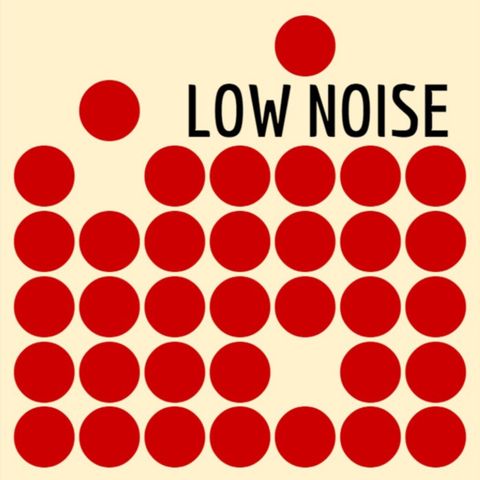NME (New Musical Express)

Regístrate gratis
Escucha este episodio y muchos más. ¡Disfruta de los mejores podcasts en Spreaker!
Descarga y escucha en cualquier lugar
Descarga tus episodios favoritos y disfrútalos, ¡dondequiera que estés! Regístrate o inicia sesión ahora para acceder a la escucha sin conexión.
Descripción
A (relatively) in-depth analysis of the British music newspaper NME (or New Musical Express as it was originally known) in (just over) twenty minutes. In this episode I am in...
mostra másNME is currently a British music, film, gaming, and culture website and brand. Launched in 1952, it was originally a newspaper (or 'rock inkie') and was the first British newspaper to include a singles chart.
In the 1970s, it became the best-selling British music newspaper. From 1972 to 1976, it was particularly associated with gonzo journalism, a style of writing that typically employs satire, exaggerated assertions, scathing critique, shocking descriptions and usually includes the writer as part of the story using a first-person narrative. It was closely associated with the punk rock movement through the writings of Julie Burchill, Paul Morley, and Tony Parsons. In the 1990s it moved from newsprint to a glossier magazine style format before leaving the physical format altogether and publishing online only.
In the the Sex Pistols song 'Anarchy in the UK', I always assumed Johnny Rotten sang 'I use the NME, I use ANARCHY'. Maybe he actually did.
I hope you enjoy this episode.
Mathew Woodall
Información
| Autor | Low-Noise |
| Organización | The Complete Art Student |
| Página web | - |
| Etiquetas |
Copyright 2024 - Spreaker Inc. an iHeartMedia Company
